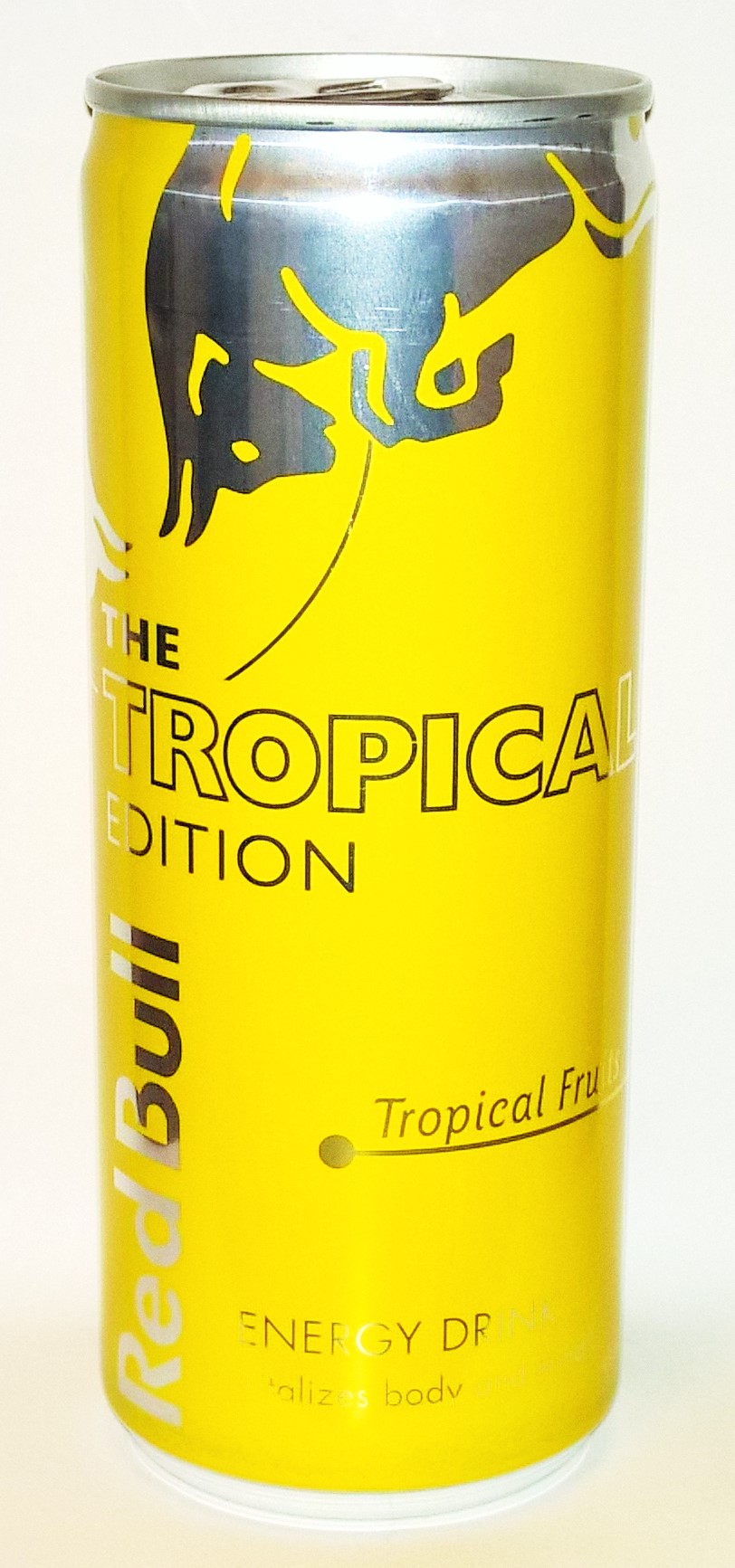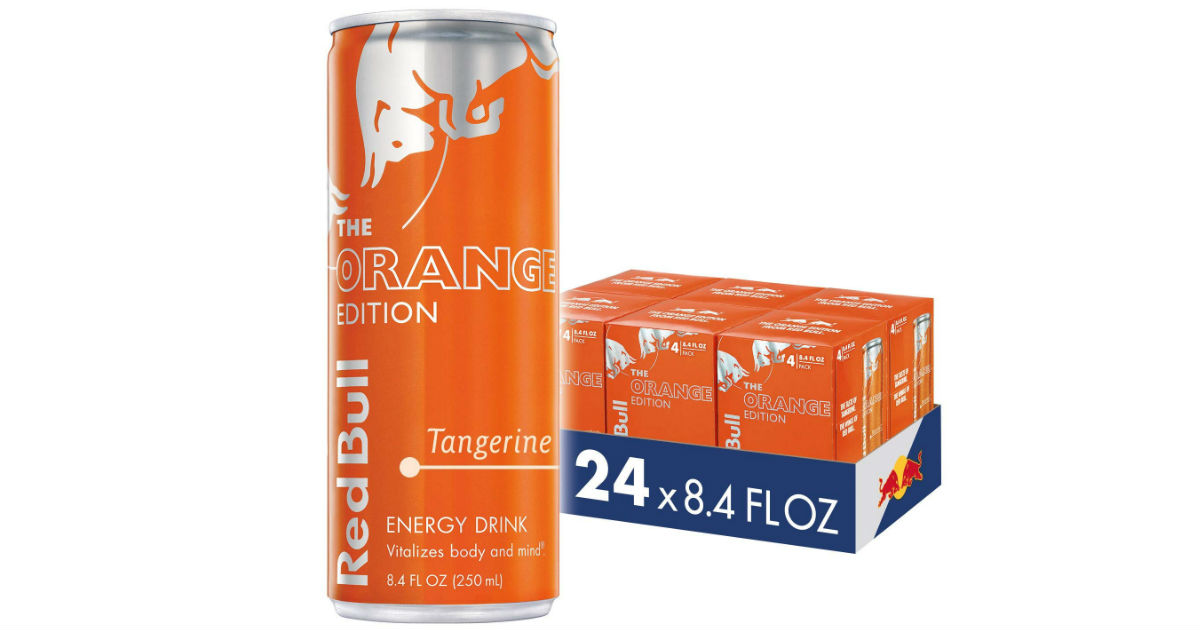


The results of a study conducted in 2008 showed that the ingestion of one, 250mL can of sugar-free Red Bull, in a sample of 30 healthy young adults, had an immediate detrimental effect on both endothelial function, and normal blood coagulation. Energy drinks should not be consumed without prior medical approval, by athletes taking over the counter or prescription medications.Ĭardiovascular effects.Energy drinks should not be consumed by athletes who are dehydrated.Information about the absence of benefit and the presence of potential risk associated with energy drinks should be widely shared among all individuals who interact with young athletes.Energy drinks should not be used for hydration.Nor should they be used for performance enhancement.Water and appropriate sports drinks should be used for rehydration as outlined in the NFHS Document “Position Statement and Recommendations for Hydration to Minimize the Risk for Dehydration and Heat Illness.”.However, caffeine and sugar are present in amounts known to cause a variety of adverse health effects." Ĭommonly reported adverse effects due to caffeine used in the quantities present in Red Bull are insomnia, nervousness, headache, and tachycardia (see Caffeine intoxication).Ī 2008 position statement issued by the National Federation of State High School Associations made the following recommendations about energy drink consumption, in general, by young athletes: Health effects Ī review published in 2008 found no documented reports of negative or positive health effects associated with the amount of taurine used in energy drinks, including Red Bull, concluding that "The amounts of guarana, taurine, and ginseng found in popular energy drinks are far below the amounts expected to deliver either therapeutic benefits or adverse events. Red Bull GmbH also manufactures Red Bull Cola, containing the coca leaf, which has sparked a controversy in Germany regarding minute traces of cocaine. Red Bull sugar-free also contains phenylalanine in place of sucrose and glucose. Red Bull contains taurine, glucuronolactone, caffeine, B vitamins, sucrose and glucose. In 2008, Forbes magazine listed both Chaleo and Mateschitz as being the 260th richest persons in the world with an estimated net worth of $4.0 billion. It entered the United States market (via California) in 1997 and the Middle East in 2000. Red Bull was launched first in Singapore in 1989 followed by Hungary, its second foreign market in 1992. The product was launched in 1987, in a carbonated format. They gave the remaining 2% to Chaleo's son Chalerm, but it was agreed that Mateschitz would run the company. Chaleo and Dietrich each held a 49% share of the new company. Between 19, Mateschitz worked with TC Pharmaceutical (a Blendax licensee) to adapt Krating Daeng for the European market.Īt the same time Mateschitz and Chaleo Yoovidhya founded Red Bull GmbH each investing $500,000 of savings and taking a stake in the new company. Mateschitz was the international marketing director for Blendax, a toothpaste company, when he visited Thailand in 1982 and discovered that Krating Daeng helped to cure his jet lag. Dietrich Mateschitz, an Austrian entrepreneur, developed the Red Bull Energy Drink brand. Red Bull took many marketing and ingredient ideas from an energy drink in Thailand called Krating Daeng. However, the European Food Safety Authority (EFSA) concluded that the levels of taurine and glucuronolactone used in Red Bull and other popular energy drinks are safe. Red Bull has also been criticized about the possible health risks of the drink. In 2009 it was discovered that Red Bull Cola exported from Austria contained trace amounts of cocaine. Red Bull started its own record label, Red Bull Records. It owns the sports team Red Bull Racing, Scuderia Toro Rosso, EC Red Bull Salzburg, FC Red Bull Salzburg, Red Bull New York, and RB Leipzig.

Red Bull sponsors Red Bull Air Race, Red Bull Crashed Ice. The product is strongly marketed through advertising, tournament sponsorship, sports team ownerships, celebrity endorsements, and with its record label. Red Bull's slogan is "it gives you wings". Originally, Red Bull was only available in one flavor that was called Red Bull Energy Drink. Mateschitz is responsible for the company's operations through the Austrian company Red Bull GmbH. Chaleo Yoovidhya and his son own 51 percent interest in the company. The company was founded by Thai national Chaleo Yoovidhya and Austrian national Dietrich Mateschitz. Red Bull is the most popular energy drink in the world, based on its share of sales. It is based on the Thai soda Krating Daeng, which translates as "Red Bull". Red Bull Energy Drink served in a glass with ice cubesĬaffeine, taurine, glucuronolactone, sucrose and glucose, B-group vitamins, and water


 0 kommentar(er)
0 kommentar(er)
